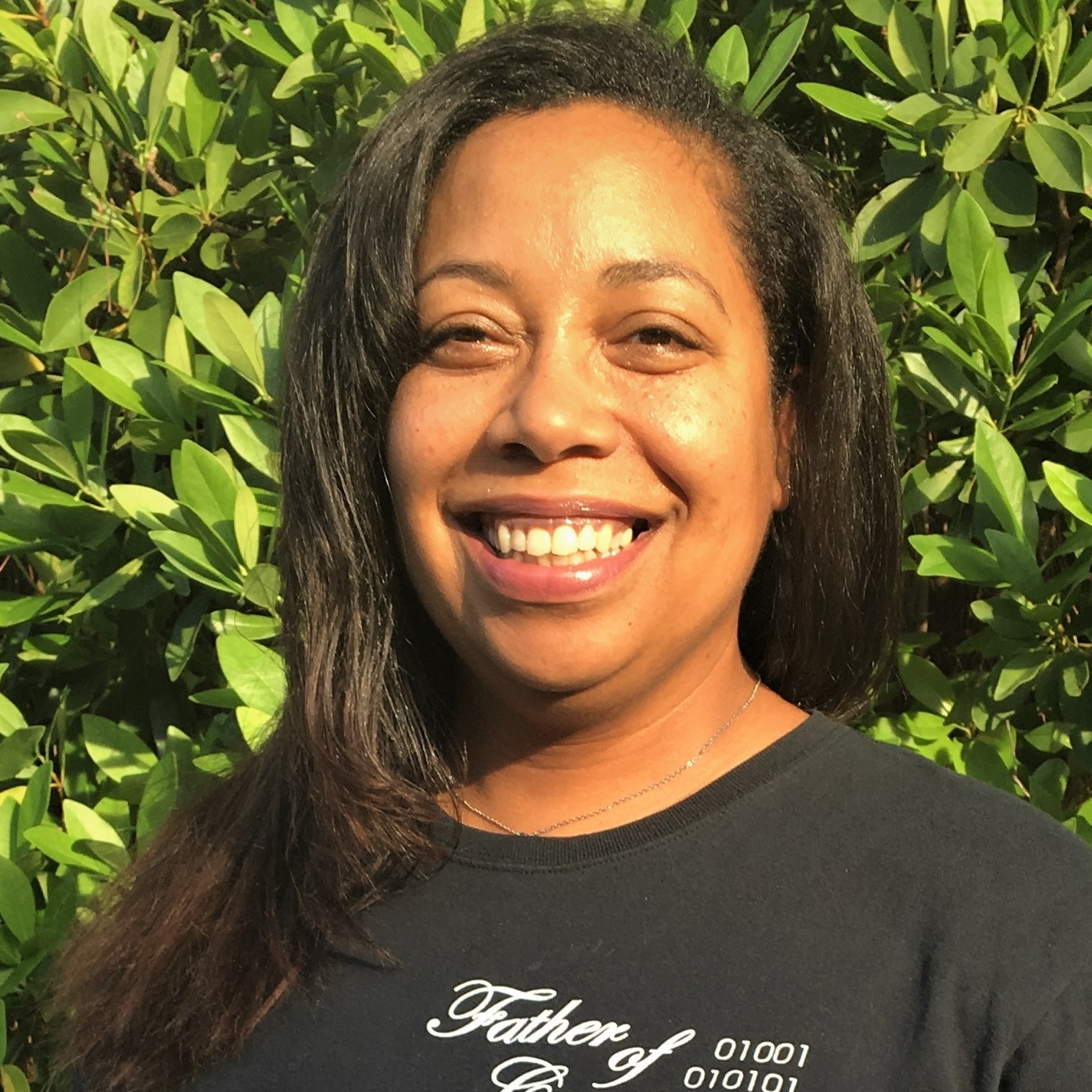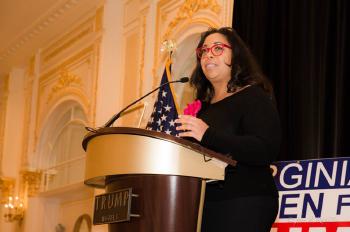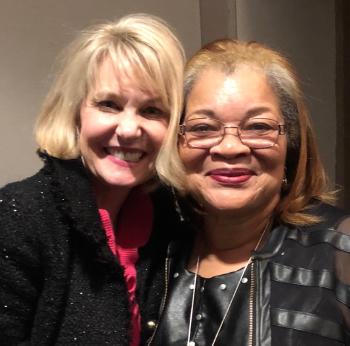Democracy in Action: One Woman's Experience


Lisa Noël Babbage
Author, Teacher, Philanthropist
Mar. 9, 2019
In a leap of optimism and eagerness, I attended my first County Convention in my local community as a delegate. While for years I had heard that the delegate process was convoluted, tiresome, and ineffective, my experience was quite different. After attending two social-political meetings where a “what to expect” summary was read and discussed, I found my experience to be exactly what was explained to me months ago. Similarly so, I was told becoming a delegate was a cost burden and was fraught with nepotism at every turn. Nothing could have been further from the truth in the case of those folks who met at a Gwinnett County High School the second Saturday of March.
After checking in with the credentials committee, I submitted a waiver request to become a delegate without the obligatory fee. Why was this an important option I wanted to take advantage of? It’s simple really. Many wrongly believe that efforts have been made within the GOP to keep certain kinds of people out of leadership or participation. Even though the delegate fee is only thirty dollars, the fees to attend the state convention are much higher. Regardless of the simple fiscal planning it takes to plan a weekend trip to the coast, I found the process of not only becoming a delegate for a local party was not only simple, it was really very simple.
After attending a mass meeting, would be delegates were credentialed by showing their government issued identification, and assigned to their appropriate voting precinct. In my district, based on populations of those who voted in the last presidential election, we were allotted three delegates and three alternates to represent us at the county convention. Three of us showed up, and once our identity was verified, we were given the opportunity to proceed through the process of being a delegate for the county.
A few weeks later was the county convention. There we were given the option to vote for those the nominating committee previously recommended for executive committee membership. In the process I met several enthusiastic people anxious to make a difference through our political process by volunteering their time for party positions. Even though I have been loosely involved in the political arena, I’ve never seen so many different kinds of people with that glimmer of hope in their eyes - that hope that only a free democratic republic provides.
Somewhere in the midst of Robert’s Rules of Order, the Parliamentarian gave a plea from the podium for the few missing nominees needed to not only fill the executive committee for the county, but also the various district managers that will canvass the county on behalf of all nominees. That’s when, despite my better judgement, I threw my hat into the ring to be counted among the professional political volunteers.
In a matter of hours, one of the most diverse counties in Georgia, if not one of the most diverse in the nation, elected a majority minority leadership team; many of whom made no apologies for being an authoritarian person of color who, since given the chance, plans on changing the game here in Georgia. The significance of this phenomena should not be lost on any voters who watched Georgia’s midterm elections broadcast from California to New York, drawing interest from influential people in every sector.
While Gwinnett has seen pockets of immigrants and diverse populations establish themselves in Norcross (Hispanics), Suwanee (Asians), Snellville and Stone Mountain (African-Americans), the county had yet to see diverse leadership come to bat to speak the truth of what it means to be an American of color. No longer is this the case. Despite a few in the peanut gallery, Gwinnett county delegates elected a new executive committee and district managers breaking what must be a record: a female majority executive committee, a African-American majority executive committee, and with a third of the delegates with parents or grandparents born in other countries, for the first time ever. While the Democratic Party elected it’s first African-American female chairperson this year as well, it seems all eyes will be on the state of Georgia once again.
According to DataUSA.com, the most common foreign languages in Gwinnett County are Spanish (144,073 speakers), Korean (19,938 speakers), and Vietnamese (15,614 speakers), compared to other places, Gwinnett has a relatively high number of Korean (19,938 speakers), Serbo-Croatian (3,767 speakers), and Gujarati (4,802 speakers). So while fair elections and changes to the county leadership are becoming a reality, it will be a push from those new to the Old South that will see that the job gets done.































